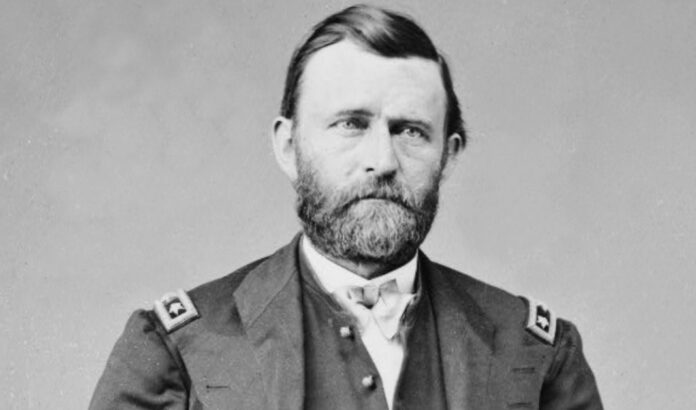This Veterans Day, as America salutes those who have defended the nation, the life of Ulysses S. Grant stands out as a powerful example of quiet determination and lasting impact.
Most people know Grant as the Union general who accepted Robert E. Lee’s surrender at Appomattox Court House and later served two terms as president.
Yet many of the qualities that make Grant’s story essential to understanding freedom’s cost are hidden behind the usual headlines.
Early Years of Hard Lessons
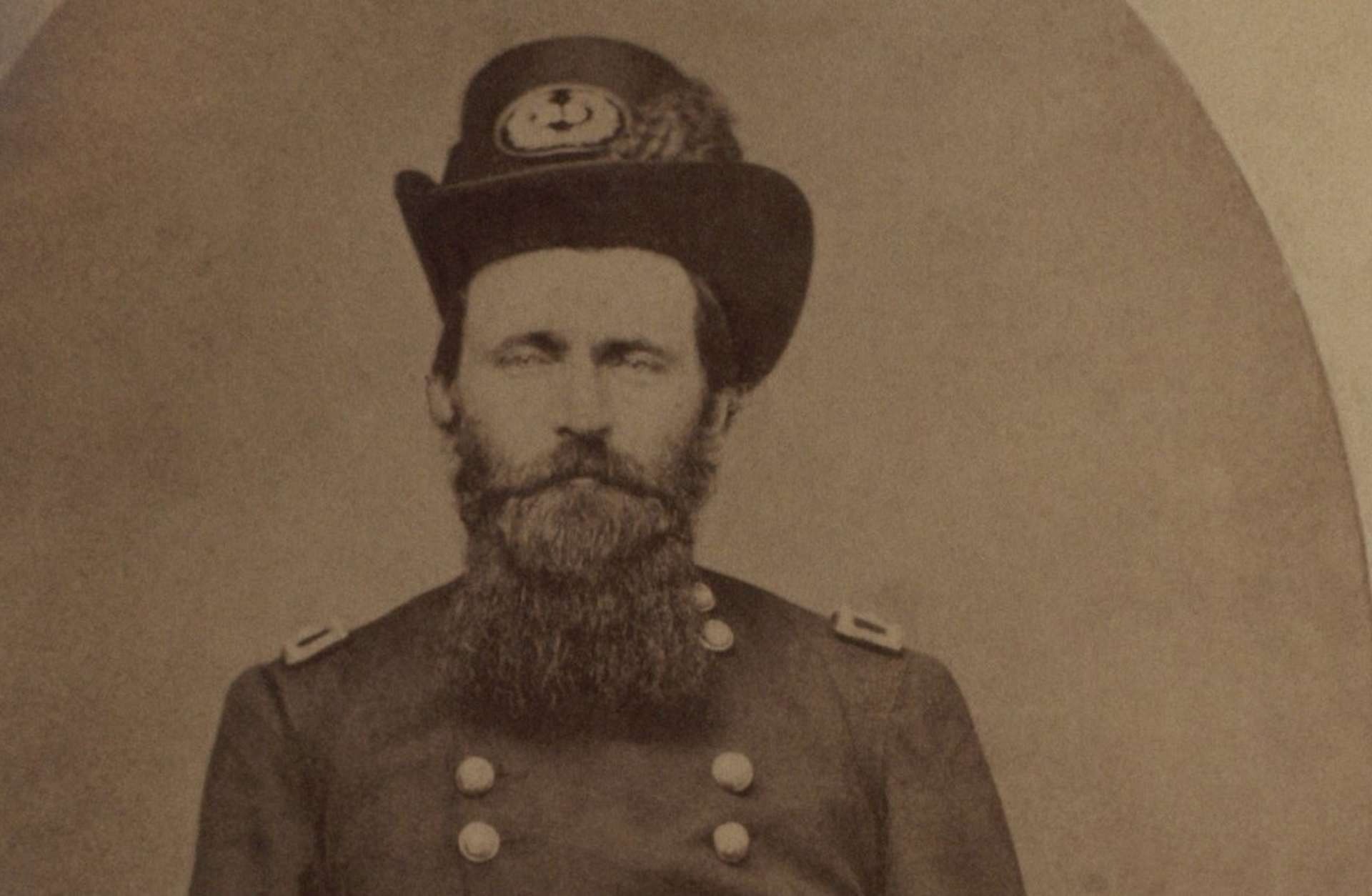
Grant was born Hiram Ulysses Grant in Point Pleasant, Ohio, in 1822. A clerical error when he entered West Point recorded his name as Ulysses S. Grant, and he kept the new name.
Shy and modest, he was an excellent horseman but an average student, more interested in animals than politics or fame.
His early military career during the Mexican–American War revealed tactical skill but left him uneasy about wars of conquest, shaping his later approach to civil-military leadership.
After resigning from the Army in 1854, Grant struggled through years of failure. He worked as a farmer, real estate agent, and store clerk, often battling poverty and rumors of alcoholism.
These difficult years forged the persistence and humility that defined his command during the Civil War. They also kept him grounded; Grant knew firsthand what ordinary Americans endured, which later influenced his presidential policies.
The General Who Would Not Quit
Grant’s return to service during the Civil War changed the course of American history. Starting as a volunteer colonel, he rose quickly after early victories at Fort Henry and Fort Donelson, where he famously demanded “unconditional surrender,” earning a nickname and setting a tone of relentless pressure.
At Shiloh in 1862, despite staggering casualties, he refused to retreat, demonstrating the resolve that would ultimately wear down the Confederacy.
In the Vicksburg campaign of 1863, Grant executed a brilliant combination of maneuvers and sieges that split the Confederacy and gave the Union full control of the Mississippi River.
Appointed General-in-Chief the following year, he coordinated a nationwide strategy of simultaneous offensives, understanding that overwhelming and sustained pressure was the surest path to victory.
His campaign against Lee’s army in Virginia was brutal and costly but decisive, leading to Lee’s surrender in April 1865 and the preservation of the Union.
A Champion of Civil Rights as President
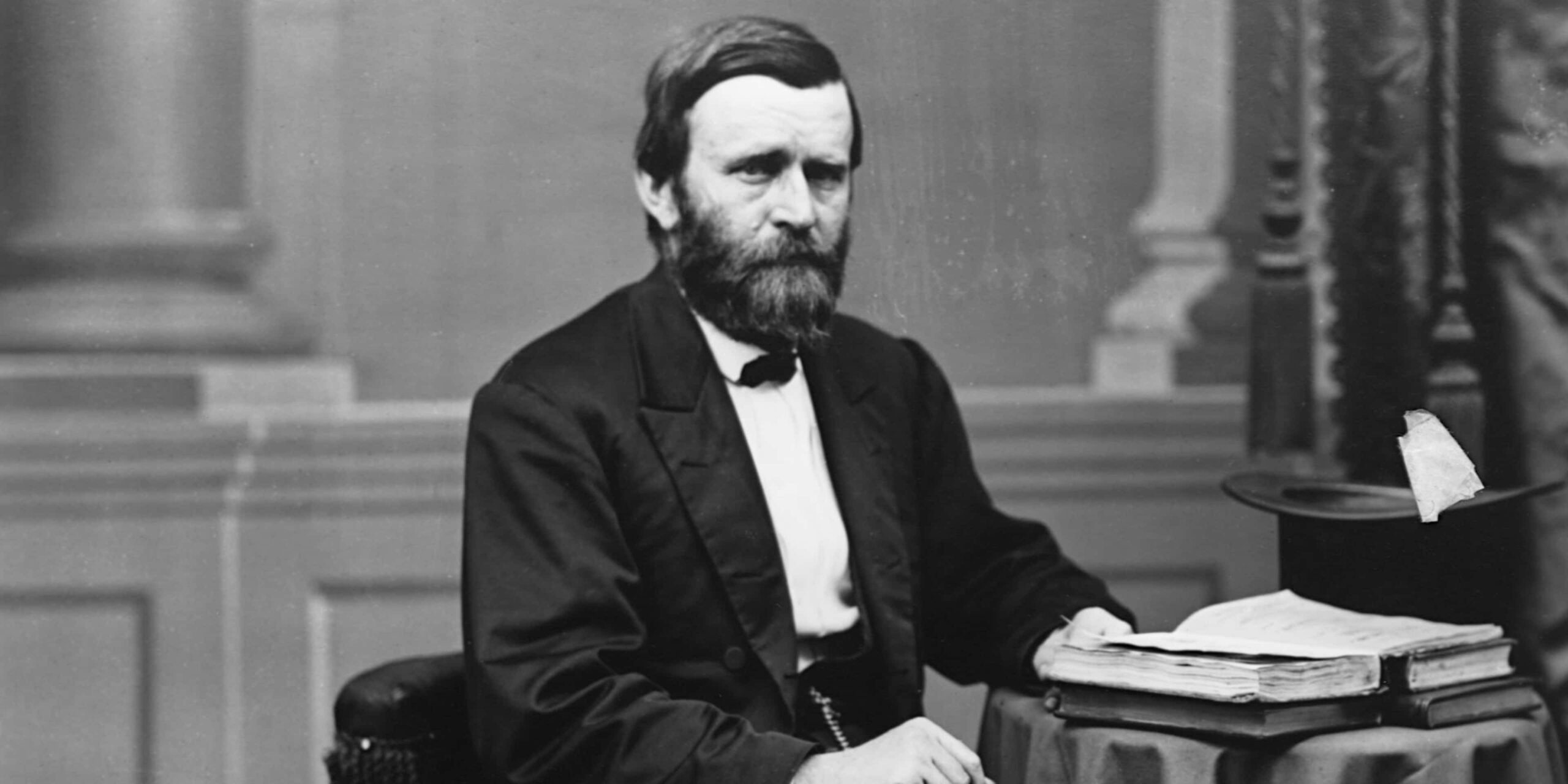
Grant’s presidency (1869–1877) is often reduced to a list of scandals involving members of his administration. But focusing only on corruption misses his deeper achievements.
Grant was a steadfast defender of Reconstruction, supporting the Fifteenth Amendment that guaranteed voting rights regardless of race.
He used federal authority to fight the Ku Klux Klan and enforce civil rights laws—actions that required political courage at a time when many in the North were ready to turn away from Reconstruction’s challenges.
He also signed legislation establishing the Department of Justice and pushed for Native American policy reforms, creating a peace policy aimed at reducing violent conflict and promoting fair treatment, though results were mixed.
These efforts show that Grant saw the struggle for freedom as unfinished business, not merely a military victory.
A World Traveler and Global Statesman
After leaving office, Grant and his wife, Julia, embarked on a two-year world tour, meeting with monarchs, presidents, and ordinary citizens across Europe, Africa, and Asia.
He was received as an international hero and often acted as an informal diplomat, strengthening U.S. relations abroad.
This global journey broadened his perspective and demonstrated America’s growing influence on the world stage.
The Final Battle: Memoirs Written in Pain
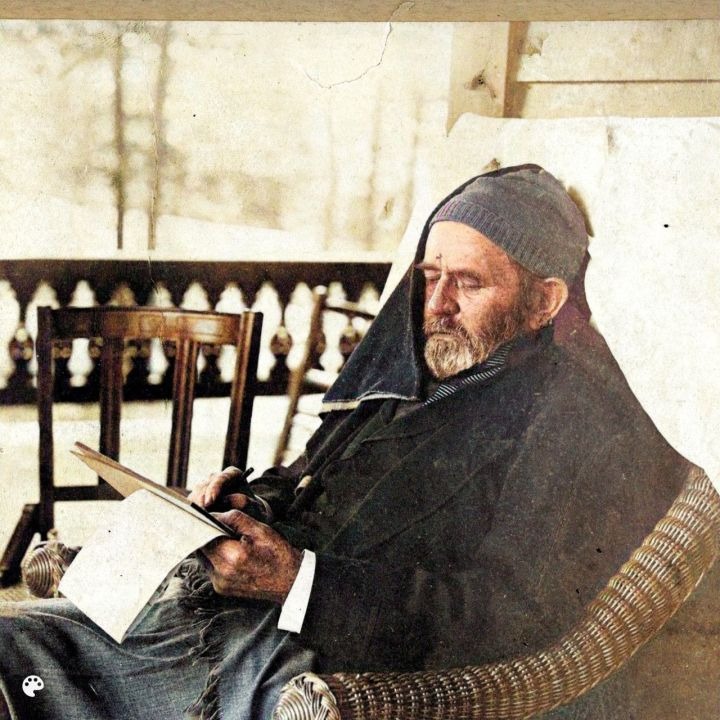
In 1884, Grant faced financial ruin after a business partner’s fraud. Soon after, he was diagnosed with throat cancer.
Determined to provide for his family, he began writing his memoirs. Working through excruciating pain, he finished the two-volume Personal Memoirs of Ulysses S. Grant just days before he died in 1885.
Published by Mark Twain, the book became a literary and financial triumph, securing his family’s future and earning lasting praise for its clarity and honesty. His perseverance in the face of death was as heroic as his campaigns in the field.
Lessons for a Nation that Must Stay Vigilant
Grant’s life offers enduring lessons for every generation. He showed that quiet resolve can achieve what louder personalities cannot. He recognized that victory on the battlefield must be followed by vigilance in politics to protect the rights of the newly free. His willingness to confront homegrown terrorism and use federal power to enforce civil rights speaks directly to today’s challenges.
For Veterans Day, Grant’s story underscores that freedom is not won once and secured forever. It must be defended in every era, sometimes with weapons and sometimes with laws and persistence.
Honoring Grant’s Legacy Today
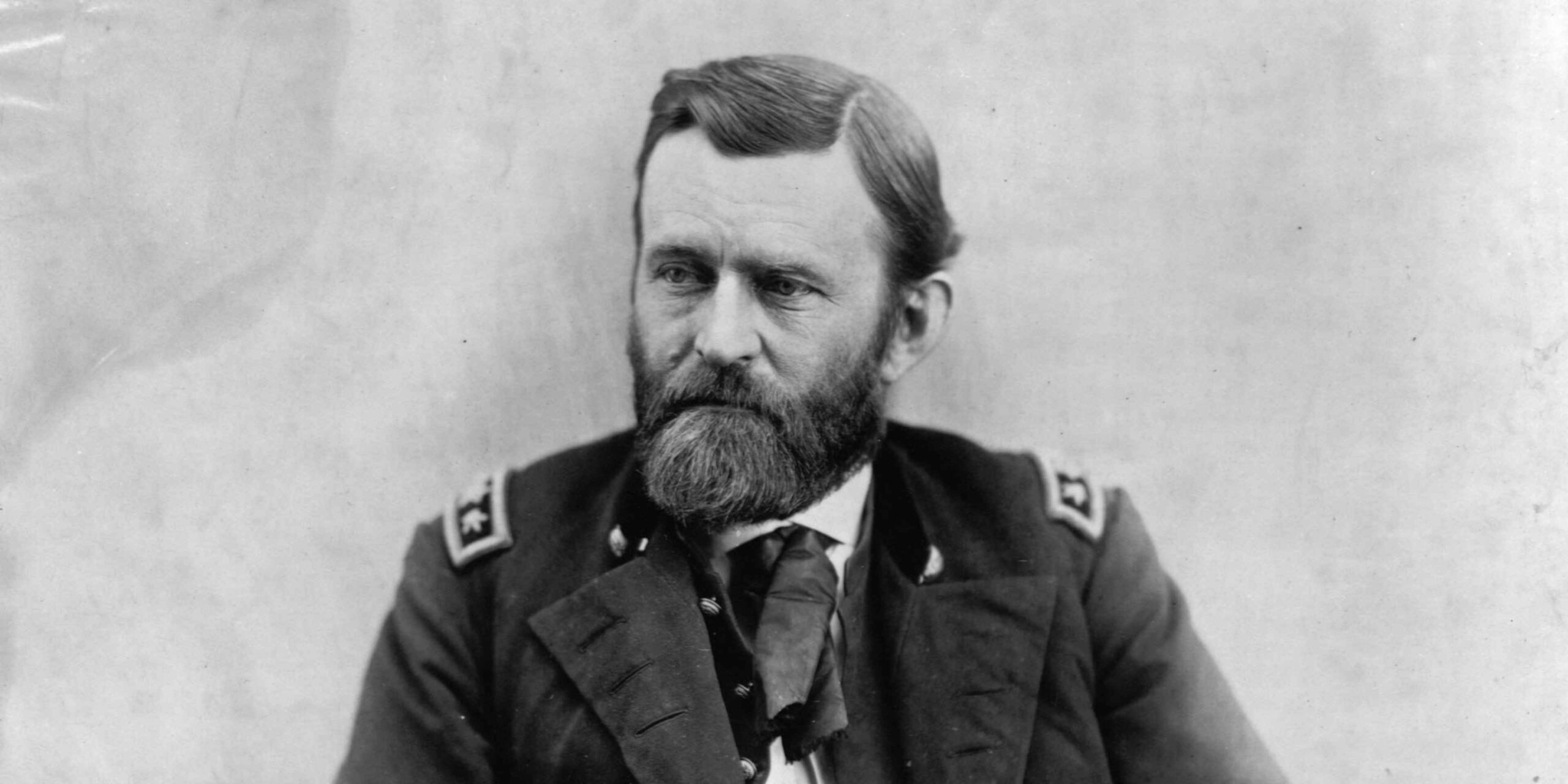
Grant’s record was not flawless—no great leader’s is. Corruption scandals marred his administration, and some Native American policies fell short of their humanitarian goals.
But his steadfast commitment to union, equality, and national reconciliation deserves full recognition. He embodied the principle that America must continually strive to live up to its ideals.
As we reflect on the sacrifices of all U.S. veterans, Grant’s life calls us to action. His example urges us to support those who serve, protect democratic institutions, and confront threats to liberty—whether foreign armies or internal forces of division. Freedom, as Grant’s own battles prove, is something earned through constant effort and moral courage.

